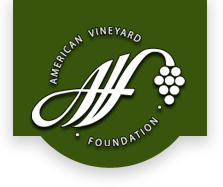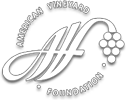Field Evaluation of Wine Grape Rootstocks
As growers are aware, rootstock performance is highly dependent on site, with the most significant component appearing to be soil type, followed by vineyard spacing, and farming practice. When sites have few limitations rootstocks tend to perform more uniformly than when sites or farming practices are marginal. Rooting depth and water availability also seem to play a significant role.
Rootstocks such as 110R and 1103P have performed better than other rootstocks in sites where soil types are coarse-textured and/or where irrigation is sparingly applied. 1103P generally yields about the same as 110R but responds with more growth. Growth of both can be excessive in deep, well drained soils. 110R responds poorly to water-logged soils. The rootstocks 3309C and 101-14Mgt are clearly more moderate in vigor, often about 60 to 70%of 110R. In side-by-side comparisons, 101-14 is generally slightly more vigorous than 3309 but not in all conditions. Both are recommended for moderate to moderately high vigor sites. The rootstock 420A was generally low in vigor. Although it has comparable yield to other rootstocks if pruned to similar bud numbers per vine, the resultant growth is 20 to 50%of the more vigorous rootstocks. It could only be recommended for sites where vigor potential is high or where the vine spacing is very close. The Teleki hybrids 5C and 5BB are moderately vigorous in most sites except where water stress is present. Both tolerate heavy, poorly drained soils better than other rootstocks, provided there is no threat of Phytophthora.
Other rootstocks included in the trials were Freedom, Harmony, St George, 1616C and O39-16. Readers are encouraged to consult the full report for in-depth details about the trial sites and the individual rootstock recommendations.

